Bad breath in Houston TX is a common problem that can cause embarrassment in social situations. Fortunately, something like too much garlic or onions can often be cured with just a good brushing and perhaps a sugar-free mint.
But in many cases, bad breath is caused by more than just certain foods or lack of brushing or flossing. Sometimes, bad breath, or halitosis, can be an ongoing struggle that doesn’t improve with good dental hygiene. If you’ve noticed your breath is less than pleasing (or worse, someone told you about the problem), there are some possible causes – and happily- some solutions.
Skipping Meals and Drinks
If it’s been a while since you ate or drank, your breath might give you away. When you don’t eat meals or drink enough water, your saliva production decreases, and your mouth becomes a hot spot for bacteria that give off a sulfur-like odor. Avoid this by not skipping meals, eating healthy snacks between meals if you’re hungry, and sipping on plain water throughout the day.
Gum Problems
Gum disease is caused by plaque buildup on the teeth, which contains bacteria that can produce an unpleasant odor. As the problem gets worse, gingivitis may progress to periodontitis. When this happens, the gums can develop pockets where more bacteria gets trapped, leading further bad breath and eventually, tooth loss.
Many people have mild gum disease, or gingivitis, and don’t know it. See your dentist twice a year to get your gums and teeth checked for problems, and be sure to follow proper brushing and flossing habits.
Acid Reflux or Heartburn
If you have chronic, frequent heartburn, or you’ve been diagnosed with gastroesophageal reflux disease (GERD), your breath could be affected too. When you have heartburn or GERD, food and other stomach contents back up into your esophagus. This can cause a bitter or sour taste that can also result in bad breath. If you think you may have GERD, talk with your doctor. Over time, this problem can damage your esophagus without proper treatment.
Medications and Allergies
Certain medications can cause dry mouth as a side effect, including some that treat depression, anxiety, incontinence, and more. This can cause bad breath from lack of saliva – similar to the effect of not eating and drinking. If you’re on a long-term medication, be sure you’re aware of possible side effects and see your dentist regularly to ensure your mouth is healthy.
If you have allergies or chronic post nasal drip, this can also lead to bad breath – and unfortunately, many allergy medications will also dry out your mouth! To help combat this, take your allergy medication as directed by your doctor, but make sure you stay well hydrated with water and healthy foods such as fruits and vegetables.
See Your Dentist
In some cases, bad breath can signal an underlying health problem. See your dentist every six months to ensure your teeth and gums are healthy, and don’t be afraid to discuss any breath problems and possible solutions. If your bad breath persists, see your doctor as well.
Has it been a while since your last dental visit? At the office of Craig Armstrong, DDS, we want to help you get the healthiest mouth possible. Contact our friendly, professional staff today to make your appointment!
